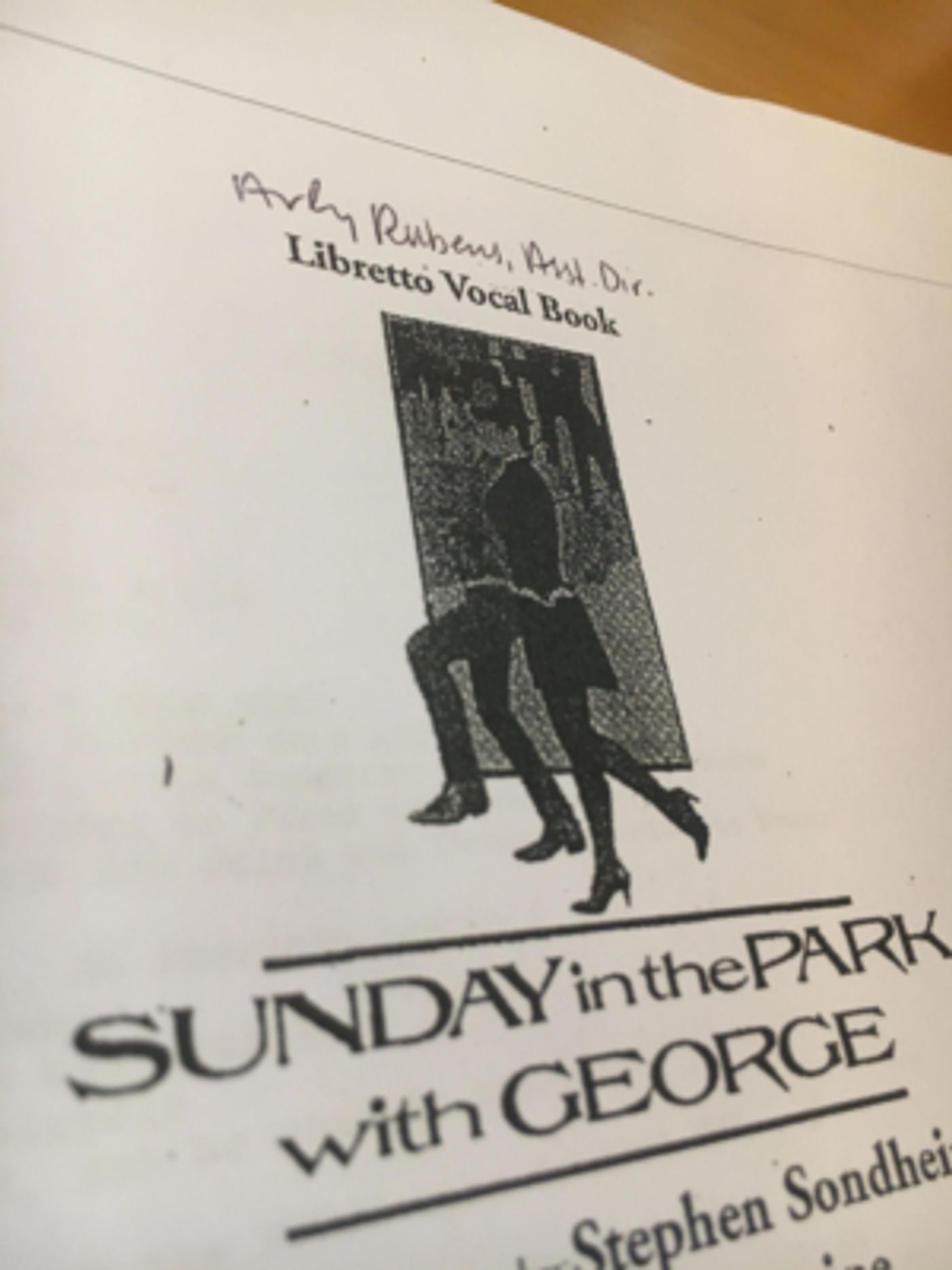BWW Blog: The Not-So-Shallow End - Relearning Your Work as an Assistant

It wouldn't be as accurate to say that I found dramaturgy as it would to say that I jumped in headfirst and never quite came up for air. After a colorful Introduction to Theatre professor ended what may have been our second or third class by asking plainly for a production dramaturg, I raised my hand, and I feel sometimes as though it's still in the air four years later. The only student in my concentration for most of my college career, I've explained my exploration of dramaturgy as periods of rich, rewarding, and very unsupervised half-blind stumbling. Among the things I have loved most about my education is that stumbling, never, ever aimless, but often with a structure I had to establish myself. I wrote a few actors' packets that I prefer not to reread. Researching the prison-industrial complex and the nuances of Disability Rights activism at eighteen or nineteen, I certainly missed a point or two. I am certain that I miss points now, too. There were almost certainly times when somebody should have taken me by the shoulders and turned me in another direction.
With a generous handful of mainstage dramaturgy assignments under my belt and a full-length directing credit set for January, I've found myself an assistant to a dramaturg - and, later in the semester, to a director - for the first time. To step into what may initially seem like the shallow end when I'd never quite left the deep did not feel at all like being demoted; I'd specifically applied for these positions to learn from the working styles and specializations of those I'd be assisting. I anticipated that I would have to learn to be an assistant, but the role felt undefined, like another path I'd have to eke out for myself. I found the opposite to be true.
I don't think it would be accurate to say that assistant-dramaturgy or -directing is a compression of directing or dramaturgy into a smaller form - nor is it looking up wide-eyed at the real expert. It did not occur to me that so much of the learning of the experience would come from the delicate balance of making a suggestion, of blending your idea with another person's, or of assessing when the talkback question is yours to take. I've found that this is both wonderfully unique to the role of the assistant and surprisingly applicable elsewhere. I feel now that I have some sense of making an appropriately-placed comment to a director as a dramaturg, or of offering suggestions to an experienced designer as a director. In that sense, I found assistantship to be a microcosm of that general spirit of theatrical collaboration; I loved observing a project and taking ownership of one or a few of its parts, my small but significant corner of the art. I wrote a few sections of an actors' dramaturgical packet, blocked one brief scene, and felt no less fulfilled than before. The weight of the work I'd owned was not lightened in any way by the fact that it existed to complement the work of another - and isn't that give-and-take at the core of our work in theatre, no matter what that may be?
In the Spring, I will be working as a dramaturg again.
For the first time, I've asked for an assistant.
Videos


